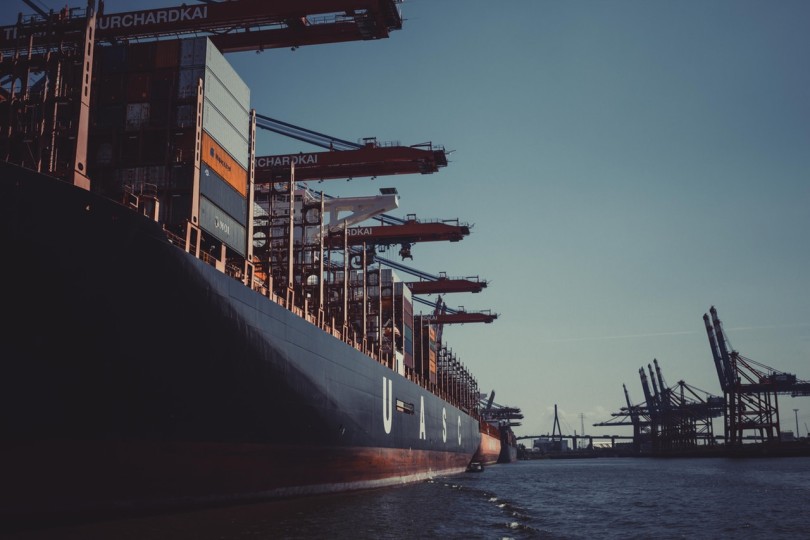How does Battery Energy Storage work?
19 Apr 24
Enviro ChatThe Global News Source for the World of Science and Chemicals
03 March 2020
Chem Chat
The UAE and Japan have signed an energy cooperation deal, which will allow the state oil company of the Emirates (Abu Dhabi National Oil Company, or ADNOC) to store significant amounts of the substance in Japanese storage facilities. In return, Japan will have first refusal on certain amounts of oil in the event that the country experiences shortages of its own.
The deal was signed by Dr Sultan Ahmad al Jaber, the CEO of ADNOC, and Makihara Hideki, who serves as the Japanese Minister of Economy, Industry and Trade. It was also witnessed by the two heads of state, the Crown Prince Shaikh Mohammed bin Zayed al Nahyan and the Japanese Prime Minister Shinzo Abe.
Under the terms of the arrangement, ADNOC will be allowed to store in excess of 8.1 million barrels of crude oil on Japanese territory. ADNOC will still be free to sell those reserves to any customer it chooses, with the single caveat that a certain percentage of the oil must be reserved for Japanese interests if the country should suffer a shortfall for whatever reason.
The deal builds upon and expands a previous arrangement between the two countries, which expired at the end of last year. It has proven to be beneficial to both parties; the UAE can outsource the storage and care of one of its principal commodities, while Japan can benefit from having a secure source of back-up oil should the need arise.
As well as a practical agreement between the Supreme Petroleum Council and the Japanese Agency for Natural Resources and Energy, this deal is also a symbolic strengthening of the ties between two sovereign states. The UAE and Japan have been collaborating closely on a number of issues for some time and the oil storage deal represents just one more link in the chain that binds them together.
“We continue to consolidate our bilateral ties by developing them across all fields,” remarked Shaikh Mohammed, underlining the importance of diplomacy in the UAE’s foreign policy. That eagerness to cooperate with other nations around the world is at times in stark contrast with some of the other Gulf countries in their vicinity, who can sometimes plough a more confrontational furrow.
Having very limited reserves of their own, the Japanese import as much as 99.7% of their oil. The UAE is the second biggest supplier of crude oil to the country – behind only Saudi Arabia. According to 2017 estimates, Japan imported Dh57.3 billion worth ($15.6 billion worth) of crude oil from the UAE that year.
Of course, Japan is far from the only Asian country which relies on the Middle East for its oil supplies. In recent years, China has imported an incredible amount of oil, breaking the global record in 2019 with its importation of 11.2 million barrels per day; the previous record stood at 10.8 million barrels per day, set by the US in 2005. Clearly, despite a gradual shift towards cleaner sources of energy, the Middle East still has a prominent role to play in fuelling the world’s industries.
DOWNLOAD PDF

2 Day Seminar Program
@ ArabLab+ 2024
24 & 25 September 2024
Your stay in Dubai
Labkit
Product News
Chemkit
Product News
Thinking about exhibiting at ARABLAB 2024? Watch our video to find out more.
Join the world’s leading organisations…
Join our mailing list and receive the ARABLAB newsletter and event updates.